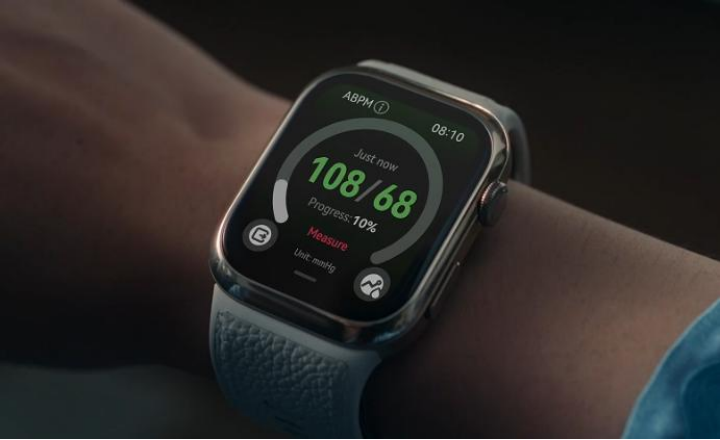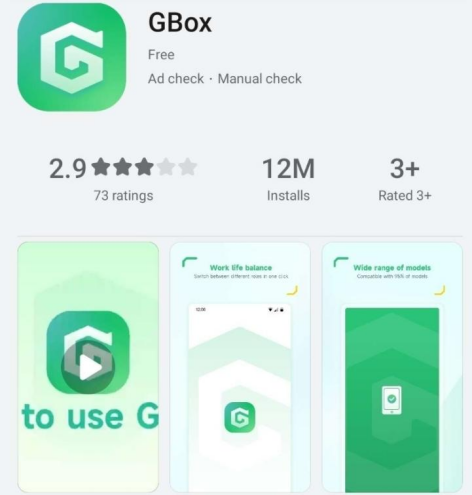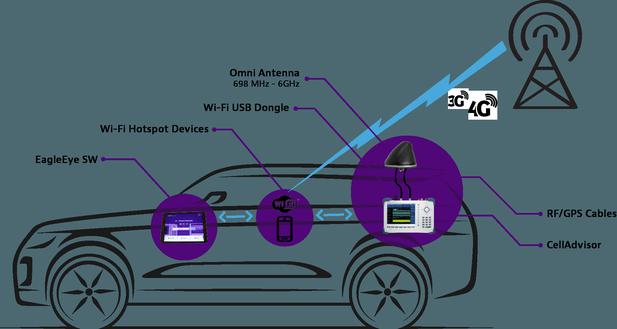Is It Better to Check Blood Pressure Before or After Meals?
When it comes to monitoring blood pressure, many people wonder if the timing of their readings makes a difference. With fluctuating daily levels and various factors influencing these changes, knowing the optimal time to take a reading can be crucial for accuracy. This guide will explore whether it is better to check blood pressure before or after meals and provide best practices for obtaining consistent and precise measurements.

Understanding Blood Pressure Fluctuations
Blood pressure isn’t static; it fluctuates throughout the day due to several factors including physical activity, stress, and even the time of day. Upon waking, levels are usually low, gradually rising as physical activity increases. Daily activities, from exercise to stress, can cause these values to vary, contributing to the broader picture of cardiovascular health.
Blood Pressure and Eating: What Happens to Your Body After Meals?
After consuming a meal, blood flow is redirected to aid digestion. This increased demand for blood in the stomach and intestines can temporarily lower blood pressure in the rest of the body. Consequently, consuming food may lead to a noticeable change in your blood pressure reading shortly after eating.
The Science Behind Checking Blood Pressure Before Meals
Instructions for measuring blood pressure often suggest doing so on an empty stomach for more accurate readings. This is because eating triggers physiological changes, including a shift in blood flow and potential fluctuations in levels. Measuring before meals helps eliminate the variable effects of digestion, providing a more stable reading. Identifying the best time to take a blood pressure reading, such as before eating or in the morning, can ensure consistency and accuracy.
Best Practices for Measuring Blood Pressure
Ensuring accurate blood pressure readings hinges on consistency and proper technique. Here are recommended tips for both scenarios:
• Before Meals: Measure blood pressure before eating or drinking for consistency.
• Posture: Sit comfortably with your back supported, feet on the floor, and arm supported at heart level.
• Relaxation: Remain calm and relaxed for at least five minutes before a reading.
• Device Position: Ensure the device is correctly positioned and calibrated.
Tips for Measuring Blood Pressure Before Meals
Taking readings before meals can minimize the variables affecting your results.
• Timing: Measure in the morning, before breakfast.
• Preparation: Avoid strenuous activity, stressors, and other known influences on blood pressure.
• Benefits: Consistent and comparable readings, aiding in the accurate monitoring of trends over time.

Tips for Measuring Blood Pressure After Meals
If you need to measure blood pressure after eating, do so under consistent conditions.
• Timing: Wait at least 30 minutes to an hour after eating to allow the body to stabilize.
• Approach: Ensure calm and avoid further strain or activity that could skew the result.
• Pros and Cons: Convenient but potentially influenced by meal-induced variations.
Common Mistakes When Measuring Blood Pressure
To ensure accuracy, it’s vital to avoid common pitfalls when measuring blood pressure.
• Inconsistent Timing: Always measure at the same time each day.
• Poor Posture: Maintain correct posture with proper support for reliable readings.
• Talking or Moving: Stay still and quiet during measurement to avoid spurious modifications.
• Cuff Placement: Incorrect placement or using an improperly sized cuff leads to inaccurate results.
• Environmental Factors: Avoid measuring in a noisy or stressful environment; ensure you’re in a calm setting.
Conclusion
Understanding the best time to check blood pressure is integral to ensuring accurate and consistent readings. Measuring blood pressure before meals can offer more stable results devoid of the digestive process’s immediate effects. However, it’s crucial to follow structured best practices: maintain proper posture, calmness, and consistency. By adhering to these guidelines, individuals can gain better insights into their cardiovascular health and manage conditions more effectively.
Latest: Why Regular Blood Pressure Checks Are Essential for Health?







